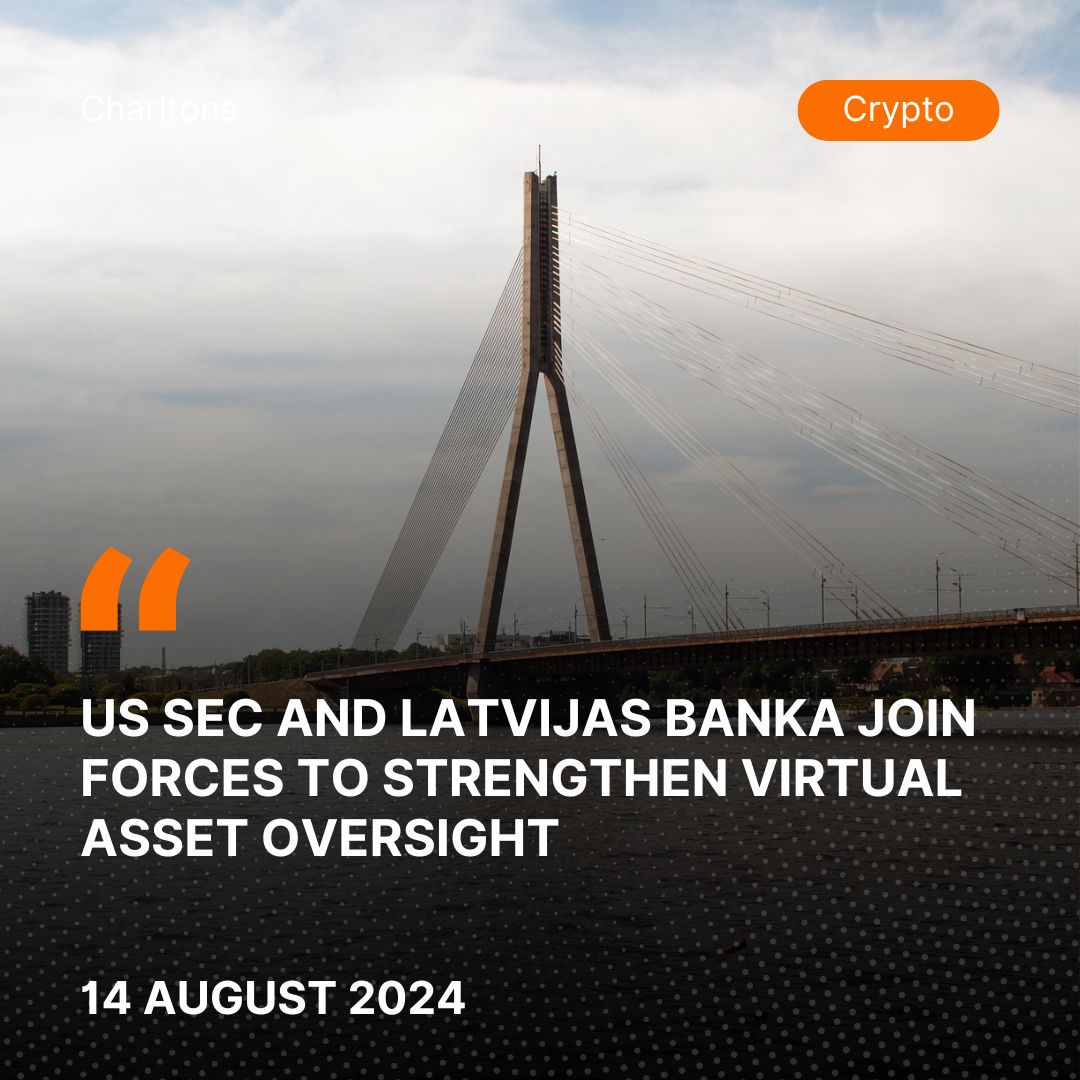
On 13 August, 2024, in a significant step towards enhancing the security and resilience of the digital asset sphere, the United States and Latvia have embarked on a joint initiative to bolster supervision and regulation of operational risks associated with virtual asset service providers. From August 13 to 15, Latvijas Banka is hosting an intensive training program where U.S. experts will share their insights with Latvian financial supervisory and law enforcement authorities.
This collaborative effort, spearheaded by the U.S. Securities and Exchange Commission, the New York State Department of Financial Services, the U.S. Department of the Treasury, and Latvijas Banka, is designed to foster a robust exchange of best practices in managing the complexities of virtual assets. The training program emphasizes the importance of a balanced approach to regulation—one that supports innovation while safeguarding market integrity and consumer protection.
The approaches taken by both the U.S. and Latvian governments highlight their commitment to maintaining financial stability in an increasingly digital world. The U.S. has long been a leader in establishing stringent regulatory frameworks to address the evolving challenges of virtual assets, focusing on rigorous compliance and enforcement measures. Latvia, on the other hand, is positioning itself as a forward-thinking hub for digital finance within the European Union, with a strong emphasis on integrating innovative technologies while ensuring that the financial system remains secure and resilient. Together, these approaches create a comprehensive strategy that combines the strengths of both nations in combating financial crimes and enhancing the regulatory oversight of virtual assets.
Speaking at the opening session, Christopher Robinson, U.S. Ambassador to Latvia, highlighted the dual potential of virtual currencies and blockchain technology, stating, “”Virtual currencies and blockchain technology offer great potential. Striking a balance between regulation and innovation is key to achieving economic growth while maintaining resilience.”
Mārtiņš Kazāks, Governor of Latvijas Banka, expressed his gratitude for the collaboration, noting, “”We extend our gratitude to the US institutions for the valuable exchange of experience, which will bolster the security and resilience of Latvia’s financial sector. This marks a crucial step toward fostering the emergence of new segments within the Latvian financial sector and elevating its competitiveness on the global stage. The financial sector is constantly evolving, and supervisory institutions must enhance their risk-based approach to identify and effectively address financial crimes in the virtual asset domain, while also ensuring that the sector’s development and the accessibility of financial services are not impeded. Latvijas Banka and its experts are open to new technologies, knowledge, and the exchange of experience, continually refining their supervisory approach and solutions.”
The three-day training will cover a wide array of topics, including compliance, market integrity, and consumer protection within the virtual asset services sector. U.S. lecturers will delve into the intricacies of licensing virtual asset service providers, exploring real-world examples to illustrate the diverse types and functions of these services. Participants will gain deeper insights into the operational risks associated with virtual assets, such as anonymity-enabling technologies, various blockchain platforms, and the potential for traditional banks to transition into virtual asset service providers.
This collaboration is expected to have lasting impacts on the digital asset space, not only within Latvia but across the broader Nordic and Baltic regions. By strengthening regulatory frameworks and enhancing the capabilities of financial supervisors, this initiative paves the way for a more secure and competitive financial environment. The training will bring together more than 30 experts from Latvijas Banka, the Ministry of Finance, the Financial Intelligence Unit, and neighboring countries, creating a strong network of professionals committed to advancing the digital asset industry.
This collaboration between the U.S. and Latvia represents a crucial development in the global effort to regulate and oversee the rapidly expanding digital asset market. By pooling their resources and expertise, these nations are setting a standard for how countries can work together to address the unique challenges posed by virtual assets. The emphasis on balancing regulation with innovation is particularly noteworthy, as it acknowledges the need to foster technological advancement while ensuring that such growth does not come at the expense of financial stability or consumer protection. This partnership is a promising step towards creating a more transparent, secure, and resilient global financial system.





